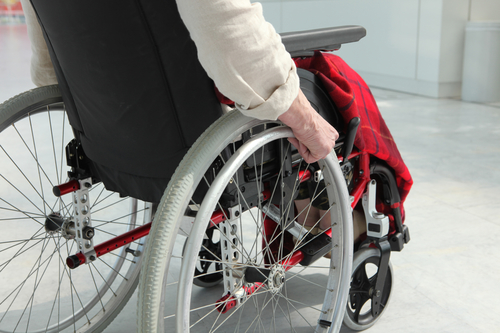Scheme to pay disabled less than minimum shot down by CPB


Paying people with a disability less than the legal minimum wage is not going to result in significantly more jobs for this group, the government’s macro-economic policy unit CPB said on Wednesday.
The controversial plan, which was launched by junior social affairs minister Tamara van Ark (VVD), was studied by the CPB and ‘the final effect is nil’, CPB researcher Patrick Koot told the AD.
At the moment companies that employ disabled people are given a subsidy by the local council and the person in question is paid according to the same collective labour agreement as his or her colleagues.
In the new plan the employer only pays for productivity of the person with a disability, who can then claim a top-up to minimum wage level from their local council.
According to the CPB, people who work part-time will want to increase the number of hours they work. However, there is no incentive to work full time because the minimum wage is the maximum they will be able to earn.
Assets
In addition, the disabled will not be entitled to top-up pay from the council if other people in their household are working or if the person involved has other financial assets.
Koot has been invited to discuss the CPB findings with MPs on Wednesday along with Amber Bindel, who represents a group which fights for equal rights for the disabled in the workplace, and wants the cabinet to ditch the plan.
The Dutch human rights commission has also slammed the proposals, saying they are discriminatory.
Thank you for donating to DutchNews.nl.
We could not provide the Dutch News service, and keep it free of charge, without the generous support of our readers. Your donations allow us to report on issues you tell us matter, and provide you with a summary of the most important Dutch news each day.
Make a donation